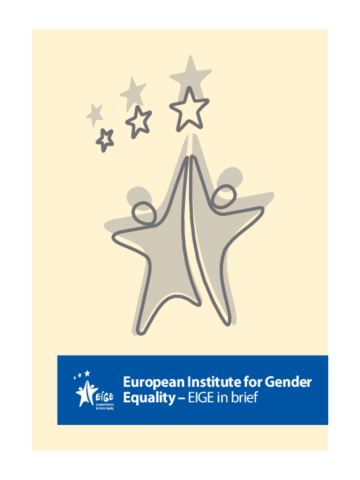A brief presentation of the European Institute for Gender Equality. Available in all EU languages.
Updated: 24 May 2016
Hard copy order URL
Downloads
- Provide feedback.
- Provide feedback.
- Provide feedback.
- Provide feedback.
- Provide feedback.
- Provide feedback.
- Provide feedback.
- Provide feedback.
- Provide feedback.
- Provide feedback.
- Provide feedback.
- Provide feedback.
- Provide feedback.
- Provide feedback.
- Provide feedback.
- Provide feedback.
- Provide feedback.
- Provide feedback.
- Provide feedback.
- Provide feedback.
- Provide feedback.
- Provide feedback.
- Provide feedback.
- Provide feedback.
- Provide feedback.
- Provide feedback.
- Provide feedback.
- Provide feedback.
- Provide feedback.
- Provide feedback.
